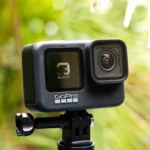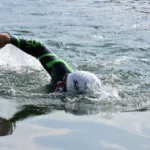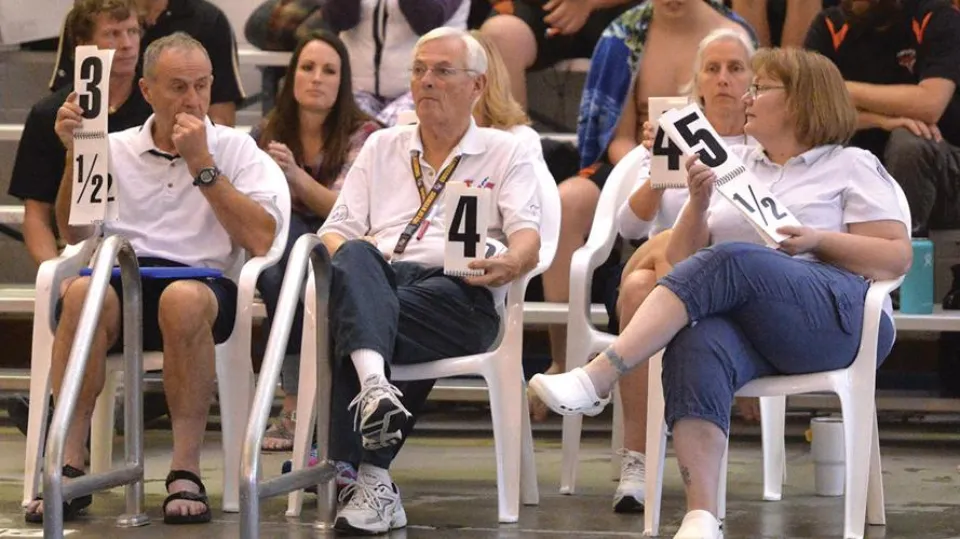
Diving is a sport that combines grace, skill, and athleticism, with athletes diving into a pool from heights of up to 10 meters. One of the most exciting aspects of diving is the scoring system.
Divers are graded in diving competitions using a points system based on a variety of criteria, such as difficulty level and execution.
In this article, we will take a closer look at how scoring works in diving.
The Basics of Diving Scoring
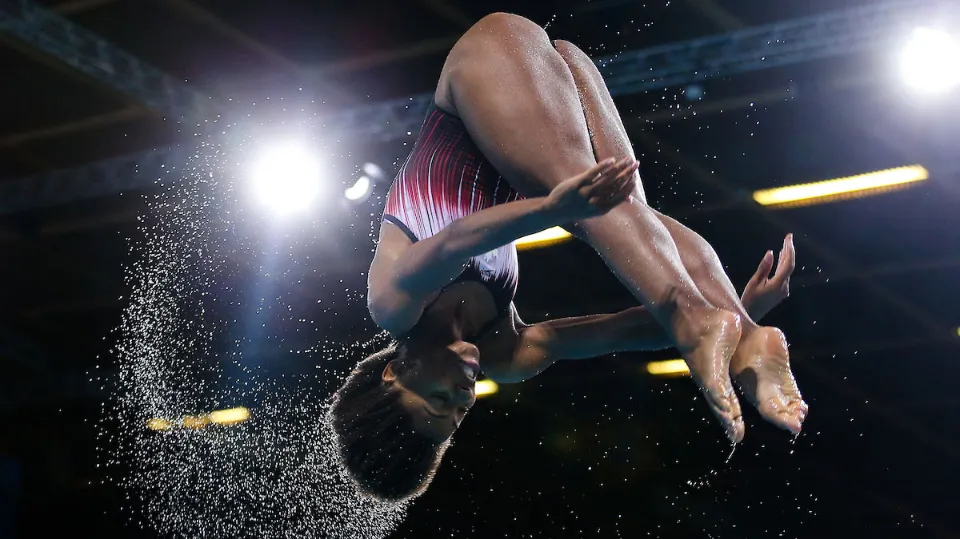
Diving scoring is based on two main components: the dive’s difficulty and the execution’s quality. Each dive has a degree of difficulty, which is determined by the number of somersaults, twists, and the starting position. A more challenging dive will have a higher degree of difficulty than an easier dive.
Once the diver performs the dive, the judges will score the dive based on its execution quality. They will evaluate several aspects, including takeoff, approach, height, rotation, entry, and overall impression. Each of these aspects will be scored on a scale of 0-10, with half-point increments. These scores are then multiplied by the degree of difficulty to obtain the final score for the dive.
The highest and lowest scores from the judges are dropped, and the remaining scores are added together to determine the final score for the dive. The final score ranges from 0-10 and is displayed on the scoreboard.
Judging Criteria
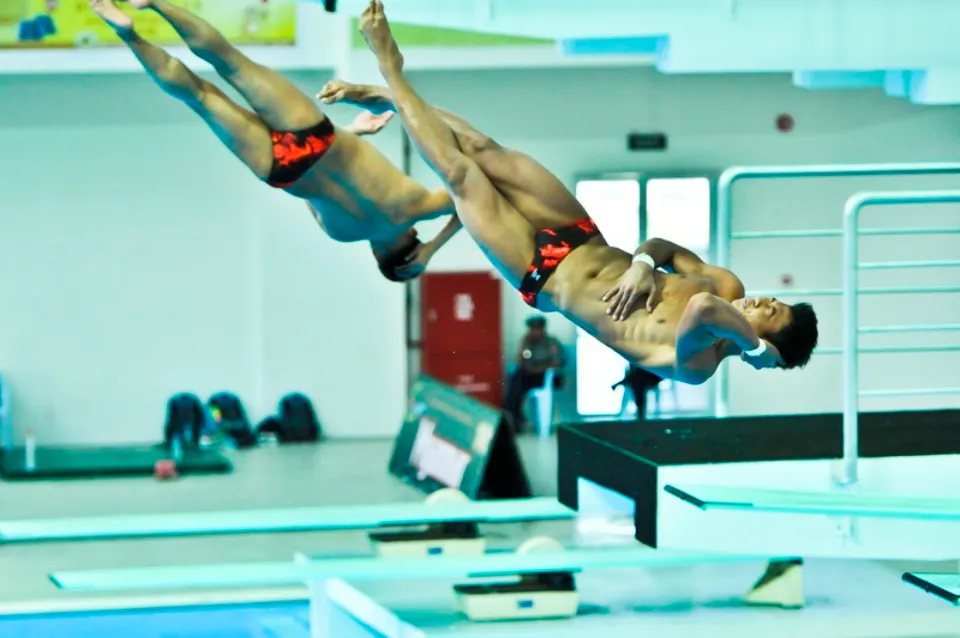
To score a dive accurately, the judges use a set of criteria that evaluates the execution quality of each dive. These criteria include:
- Takeoff – The judges evaluate how the diver leaves the diving board, focusing on the speed, direction, and height of the takeoff.
- Approach – The approach refers to the diver’s form and technique as they move towards the end of the board before jumping. Judges evaluate the form, balance, and consistency of the approach.
- Height – The height of the dive is a crucial factor, and the judges evaluate how high the diver is in the air during the dive.
- Rotation – The judges evaluate how well the diver rotates in the air, focusing on the speed, timing, and control of the rotation.
- Entry – The entry is the final part of the dive, and judges evaluate the diver’s form, technique, and splash as they enter the water.
- Overall Impression – The judges also evaluate the overall impression of the dive, considering the level of difficulty, grace, and athleticism displayed by the diver.
Scoring Controversies
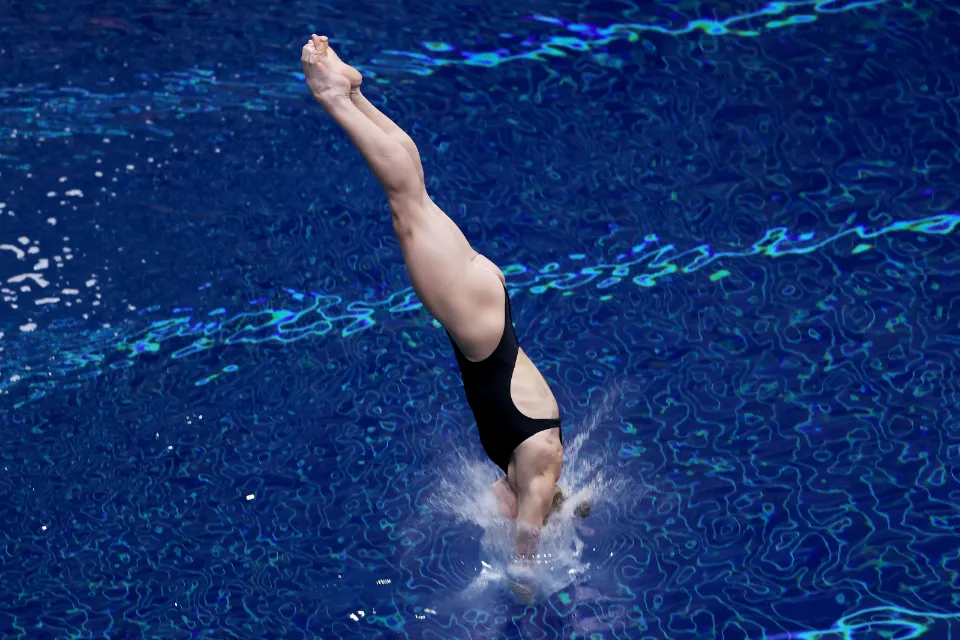
Scoring in diving is not without controversies. The most common controversy is related to the judges’ subjectivity. Even with established criteria, scoring can be subjective and open to interpretation. Some judges may be more lenient or stricter than others, leading to variations in scores.
Another controversy is related to the judging panel’s composition. The judges come from various countries and backgrounds, and some may show bias towards athletes from their own country or region. This bias can influence the scoring and lead to unfair results.
FAQs
How is a Dive Score Calculated?
Using a scale from 0 (complete failure) to 10, a panel of seven judges assigns scores to each individual event. The top two scores and the bottom two scores are eliminated; the final three scores are added together and multiplied by the dive’s difficulty rating, also known as the degree of difficulty.
Why Do They Cross Out Diving Scores?
Then, the top two and bottom two scores for each dive are eliminated to make sure that only the most evenly distributed judgments are taken into account and to eliminate any chance that the judges might have influenced the results.
What is a Good Score for Diving?
When a dive is above average (satisfactory), it should be given a Good Category (or higher) rating, which includes marks between 7 and 8. It is appropriate to give something a 7 if it is slightly better, a 7½ if it is noticeably better, or an 8 if it is almost very good.


